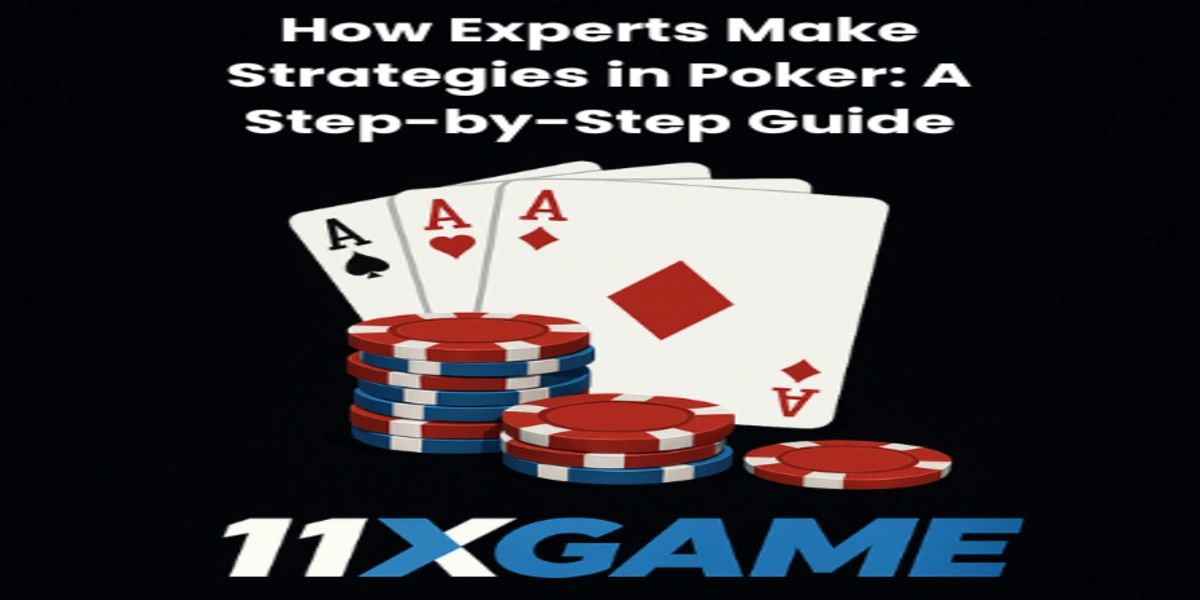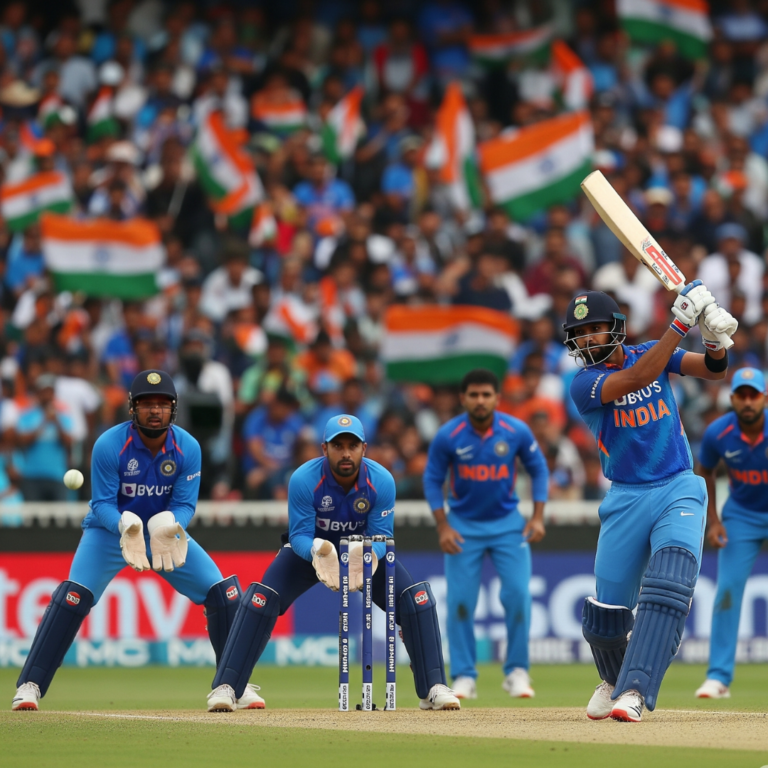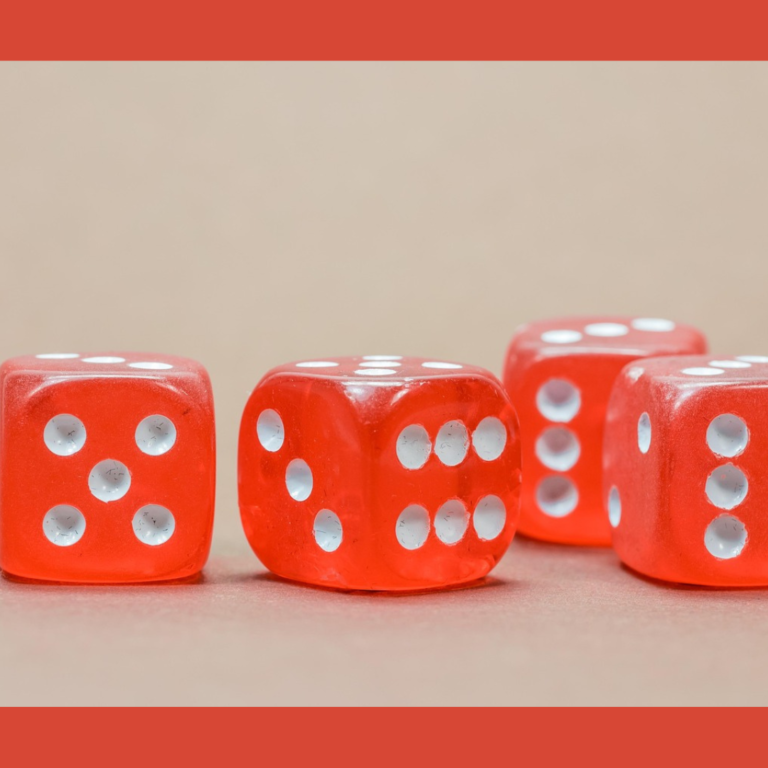How Experts Make Strategies in Poker: A Step-by-Step Guide
Poker is more than just a game of chance—it’s a battle of wits, psychology, and strategy. While beginners often rely on luck or imitate others, experts have a methodical approach that allows them to consistently outperform opponents. But what sets an expert apart from a casual player? The answer lies in how they make strategies. In this article, we’ll dive deep into the secrets of poker strategy creation and show you how to think like a pro.
1. Understanding the Game Inside Out
Before you can craft a winning strategy, you must master the fundamentals. Experts dedicate time to learning not only the rules but also the subtle intricacies of poker. This includes:
- Hand rankings and probabilities: Knowing which hands are strong and when they have the best chance of winning.
- Table positions: Understanding how being first, middle, or last to act influences your decisions.
- Betting patterns: Recognizing when opponents are aggressive, passive, or bluffing.
Example: A beginner might call every hand with medium-value cards, hoping for a lucky flop. An expert, however, evaluates position, opponent tendencies, and hand strength before committing chips.
2. Observing and Analyzing Opponents
One of the defining traits of poker experts is their ability to read people and patterns. They don’t rely solely on luck—they analyze behaviors to make informed decisions.
- Physical tells: In live poker, slight gestures, facial expressions, or timing can reveal intentions.
- Betting trends: Frequent small bets might indicate a weak hand; sudden large raises could be a bluff or a monster hand.
- Adaptation: Experts adjust their strategy based on the tendencies of each opponent.
Example: If a player consistently folds under pressure, an expert might exploit this by making calculated bluffs.
3. Setting Clear Goals
Experts always know what they’re aiming for. Poker strategy is goal-driven, and clarity matters.
- Short-term goals: Winning a particular hand, minimizing losses, or staying patient for premium hands.
- Long-term goals: Consistently earning profit over multiple sessions or tournaments.
Why it matters: Without defined goals, even skilled players can get lost in the game and make impulsive decisions. Strategy isn’t random—it’s directed.
4. Calculating Probabilities and Risks
Unlike casual players, experts treat poker like a science. They calculate probabilities and make decisions based on expected value (EV).
- Expected Value (EV): The average amount a player can expect to win or lose on a decision.
- Pot odds: Comparing the size of the pot to the cost of a contemplated call.
- Risk vs. reward: Experts avoid reckless bets unless the potential payoff justifies the risk.
Example: Suppose you have a flush draw on the turn, and the pot is $100. The call costs $20. An expert calculates the probability of completing the flush and the potential payout before calling.
5. Scenario Planning: Thinking Several Moves Ahead
Experts don’t just react—they anticipate possible outcomes. They ask, “What happens if…?” and plan accordingly.
- If the opponent bluffs, what’s my best response?
- If I hit my hand, how much should I bet to maximize winnings?
- If the board runs out in a certain way, how will that affect my strategy?
Why it matters: Poker is a dynamic game. Thinking multiple moves ahead prevents you from making impulsive decisions and helps you stay in control.
6. Developing a Personalized Strategy
One key insight is that no two experts play exactly the same way. They develop strategies that align with their style, strengths, and preferences.
- Aggressive players: Might focus on raising and putting pressure on opponents.
- Conservative players: Prefer calculated calls and fold when the odds aren’t favorable.
- Balanced players: Mix strategies unpredictably to avoid being read.
Example: Daniel Negreanu is known for reading opponents and adjusting his style, whereas Phil Ivey often relies on aggressive pressure and intimidation.
7. Testing, Iterating, and Learning from Mistakes
Even the best strategy isn’t perfect from the start. Experts test their strategies in practice, observe results, and refine their approach.
- Record sessions: Keeping track of wins, losses, and decisions helps identify patterns.
- Learn from errors: Instead of blaming luck, experts analyze why a hand went wrong and how to improve.
- Experiment safely: Trying new tactics in low-risk situations allows learning without major losses.
Pro Tip: Treat each session as a learning lab. Small improvements compound over time.
8. Emotional Control and Discipline
Strategy isn’t just about math—it’s also about mental strength. Experts maintain composure, even under pressure.
- Avoid tilt: Emotional reactions often lead to poor decisions.
- Stay patient: Knowing when to fold is as important as knowing when to bet.
- Stick to the plan: Discipline ensures you follow your strategy, not impulsive urges.
Example: Losing a big hand doesn’t derail an expert’s plan. They stay calm, reassess, and make rational decisions on the next hand.
9. Observing the Meta: Adapting to Trends
Poker is not static. Expert players observe trends in the broader game environment.
- Shifts in common strategies: For example, in online poker, fast-paced aggressive styles may become dominant.
- Adjusting tactics: Experts tweak their approach to counter popular strategies.
- Keeping up with theory: Reading books, watching high-level games, or using software tools keeps them ahead.
Example: When a majority of players start limping more frequently, an expert might switch to aggressive opening strategies to exploit this pattern.
(This article is for informational purposes only. Gambling involves risk. Please bet responsibly.
Always check local laws before playing & follow the law.)
10. Continuous Learning: The Hallmark of Experts
Finally, the most defining characteristic of expert strategy-makers is lifelong learning. Poker is complex and ever-evolving, and experts embrace continuous improvement.
- Study opponents and self: Review past sessions for mistakes and improvements.
- Learn from others: Observing top players or reading advanced guides helps refine strategy.
- Embrace new tools: Software, statistics, and AI tools provide additional insights into optimal play.
Key takeaway: The strategy is never “done.” Experts see every hand and session as an opportunity to grow.
Conclusion: Strategy Is a System, Not Luck
Poker experts don’t rely on luck—they rely on methodical strategy, careful analysis, and mental discipline. From understanding the game’s fundamentals to adapting to opponents, calculating probabilities, and continuously learning, every aspect of their approach is intentional.
If you want to improve your poker game, the lesson is clear: Think like an expert. Study deeply, analyze patterns, plan ahead, control emotions, and iterate constantly. Luck may win you a hand, but strategy will win you the game.
Key Takeaways for Aspiring Poker Strategists
- Master the rules and probabilities before playing seriously.
- Observe and adapt to your opponents’ patterns.
- Set clear short-term and long-term goals.
- Use math, odds, and expected value to make informed decisions.
- Think several moves ahead and plan for scenarios.
- Develop a personalized style that aligns with your strengths.
- Test strategies, learn from mistakes, and iterate.
- Maintain emotional discipline and avoid tilt.
- Stay updated with trends and evolving strategies.
- Commit to continuous learning and refinement.
Q1: What makes a poker strategy effective?
A: An effective poker strategy combines understanding the game, analyzing opponents, calculating probabilities, and maintaining emotional control. It’s not about luck—it’s about consistent decision-making.
Q2: How do experts read opponents in poker?
A: Experts observe betting patterns, physical tells, timing, and reactions to gain insights. Online players rely more on betting tendencies and patterns since physical tells aren’t visible.
Q3: Can beginners use expert strategies?
A: Yes, beginners can adopt simplified versions of expert strategies—like playing strong hands, observing opponents, and managing risks. Over time, they can refine these into a personalized strategy.
“For more educational resources and responsible gaming tips, visit 11xGame to stay informed and safe while enjoying your favorite sports.”





